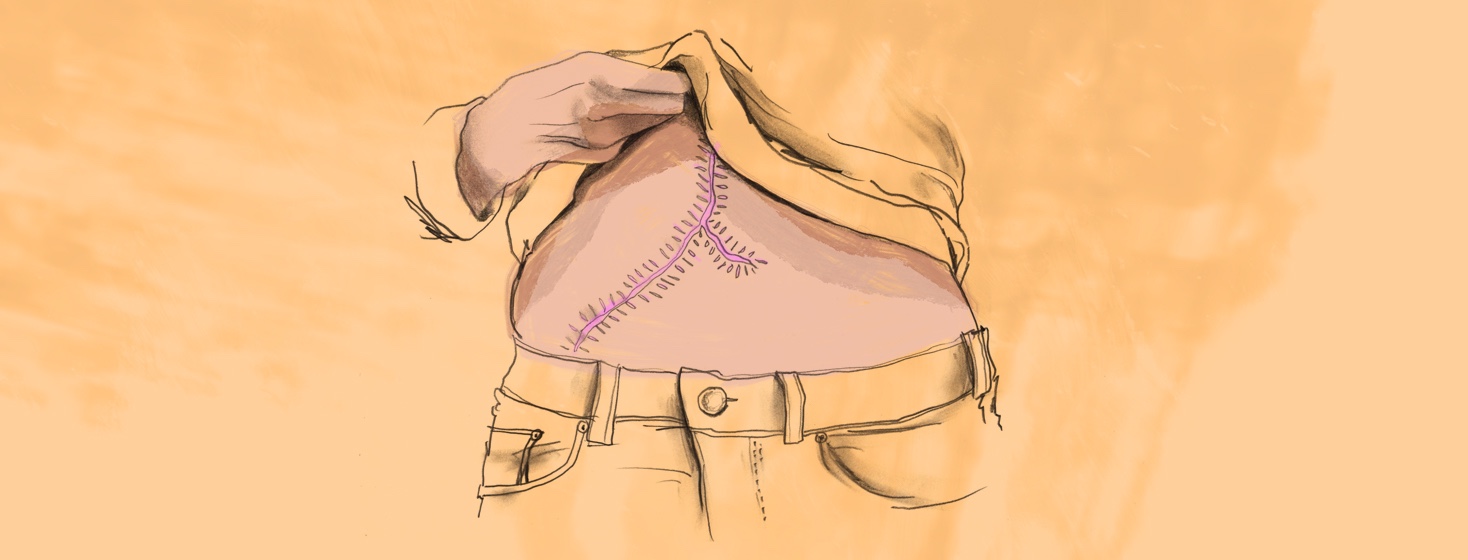Post-Liver Transplant Management
If you have undergone a liver transplant as a result of hepatitis’ insults to the liver, chances are, you have already received extensive information on post-transplant management. However, sometimes, it is difficult to digest such information when we are going through a big procedure. Liver transplants are complex procedures. They require significant medical consultations prior to surgery, and time to heal post-transplant. The following article outlines the approach for post-liver transplant management. It may also be useful for people with end-stage liver disease waiting for a transplant.
Your medical team
Your medical team will always be the best source of information. Know their names and roles. Your team will likely consist of your transplant surgeon, who may also be a hepatologist (a physician who specializes in the liver). This team may also include nurses, a transplant coordinator, a nutritionist, a physiologist, and a social worker.1 Your primary care doctor will also be involved to manage refills of your medications post-transplant, and may manage some potential side effects post-transplant. Your community pharmacist also has a role to play to ensure that your post-transplant medications are safe and do not have drug interactions with your other medications.
Conditions that are common post-transplant
Your primary care doctor will help screen for conditions that are common post-liver transplant. For example, people are more at risk for the following after a transplant:2
- High cholesterol levels: Your doctor may order blood tests once a year to screen for this. Sometimes, you may be prescribed medication to help lower your cholesterol levels or be referred to a nutritionist.3
- High blood pressure: Your doctor may ask you to take your blood pressure regularly for the first 6 months after transplant to ensure that it is not too high.4
- Diabetes: Your doctor will screen for high blood sugar levels at minimum once yearly.5
- Kidney disease: Some kidney tests may be performed to ensure your kidneys are working as it should.5
- Bone disease: Some doctors will measure how dense your bones are to make sure they are still strong.7
- Skin growths: After transplant, you may be at a higher risk of abnormal skin growths - these are sometimes cancerous. Your doctor will conduct screening regularly to ensure your skin is healthy and will biopsy any concerning growths.8
Post-transplant immunizations
Your primary care physician will help you stay on top of your immunizations. While keeping up with these vaccinations may seem like a nuisance, they are highly recommended to reduce the risk of infections post-transplant. Examples of immunizations recommended include:8
- Yearly influenza (flu shot)
- Hepatitis A & B vaccines (these may be done pre-transplant)
- Pneumonia vaccines
Medications
Your doctor will prescribe medications post-transplant to reduce the activity of your immune system. Most of the time, we want to boost the immune system; However, for people who have undergone a transplant, the goal is to reduce an overactive immune system so that the newly transplanted organ is not rejected by the body. Some medications used post-transplant include:8
- A steroid, such as prednisone
- Tacrolimus or cyclosporine
- Mycophenolate
Some people are prescribed all 3 agents for the first 6 months, and if all goes well, they may be reduced to just one drug for ongoing therapy. Typically this will be life-long.8
Unfortunately, these drugs can come with lots of side effects. Ask your pharmacist to go over these medications in detail with you, including the potential side effects. Knowing the side effects and how to mitigate them will help increase the chance of medication success.
Exercise
Your transplant coordinator may also set-up an exercise program for you to help reduce complications after surgery.2,8
Have you received a liver transplant? What has been the most challenging aspects post-transplant?

Join the conversation